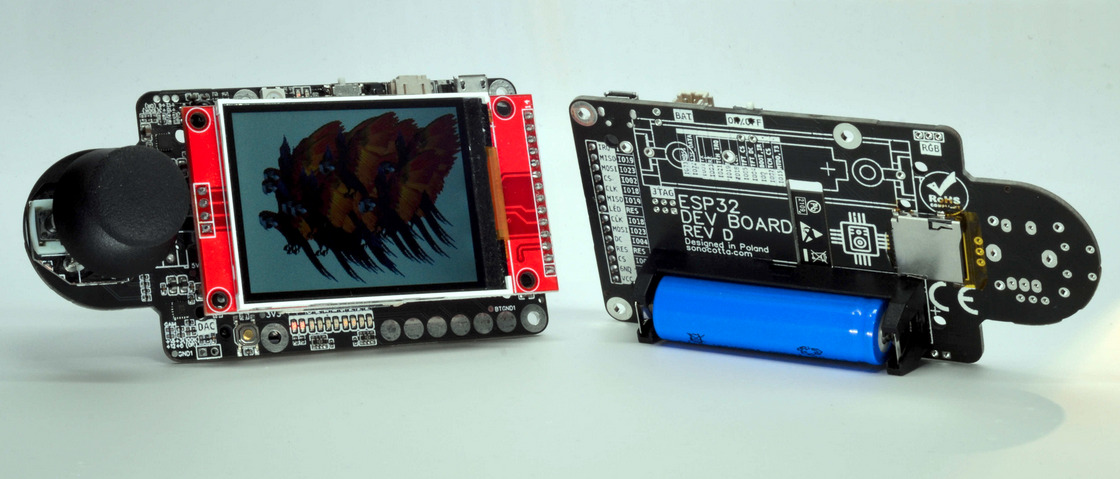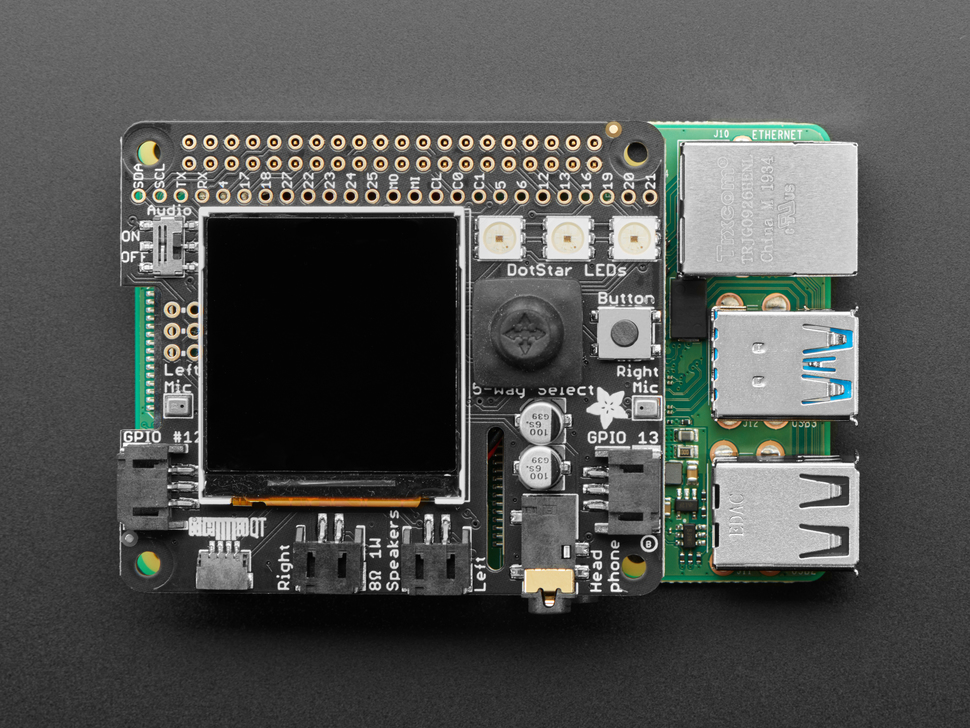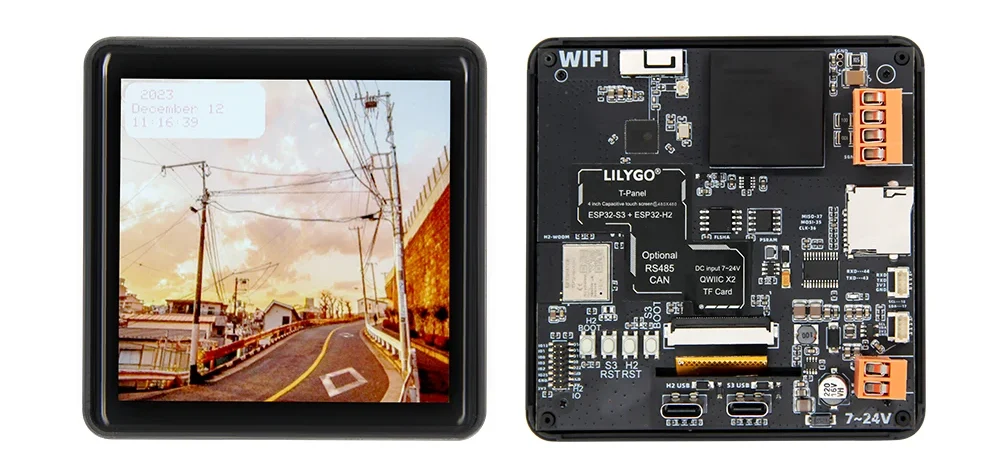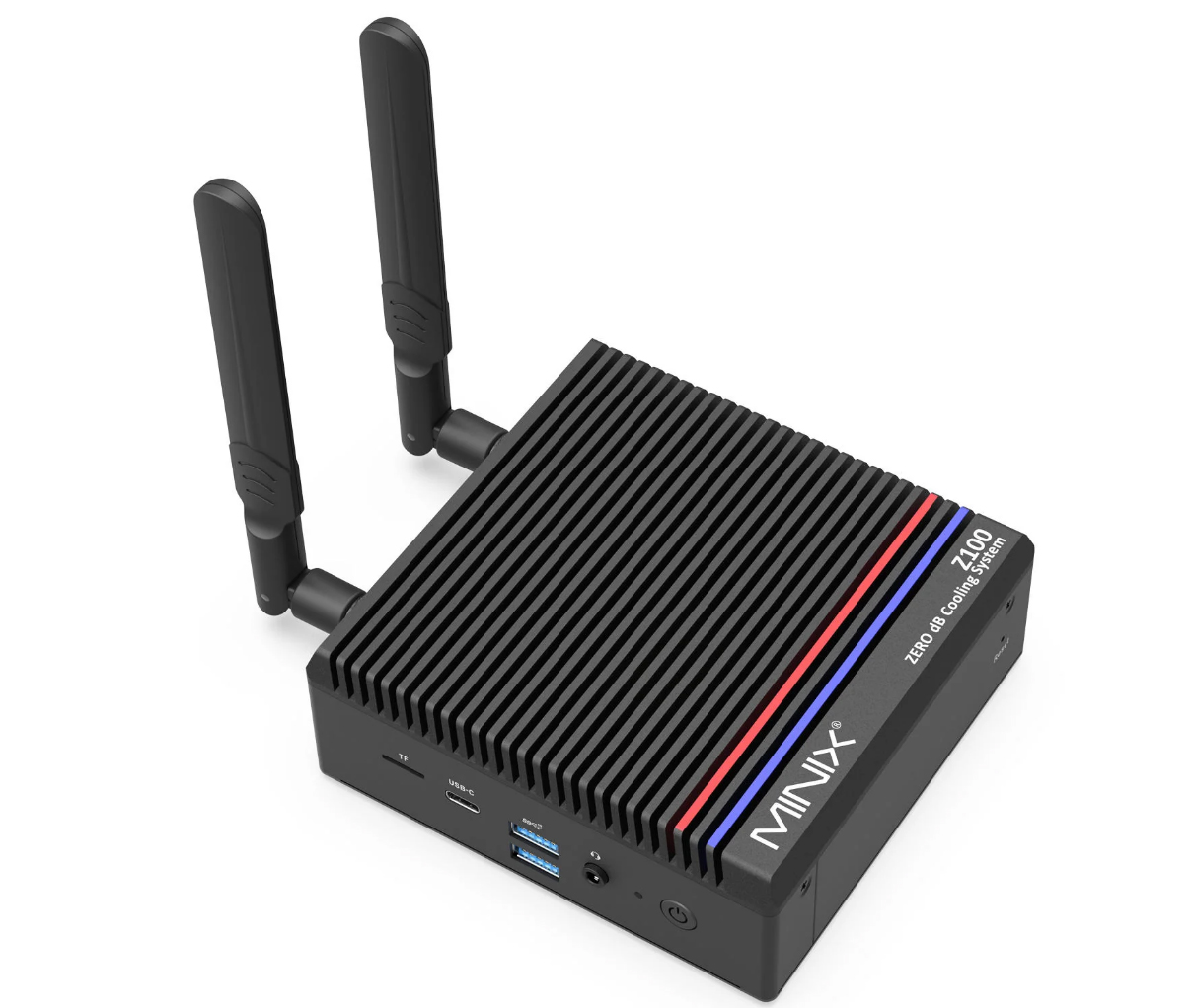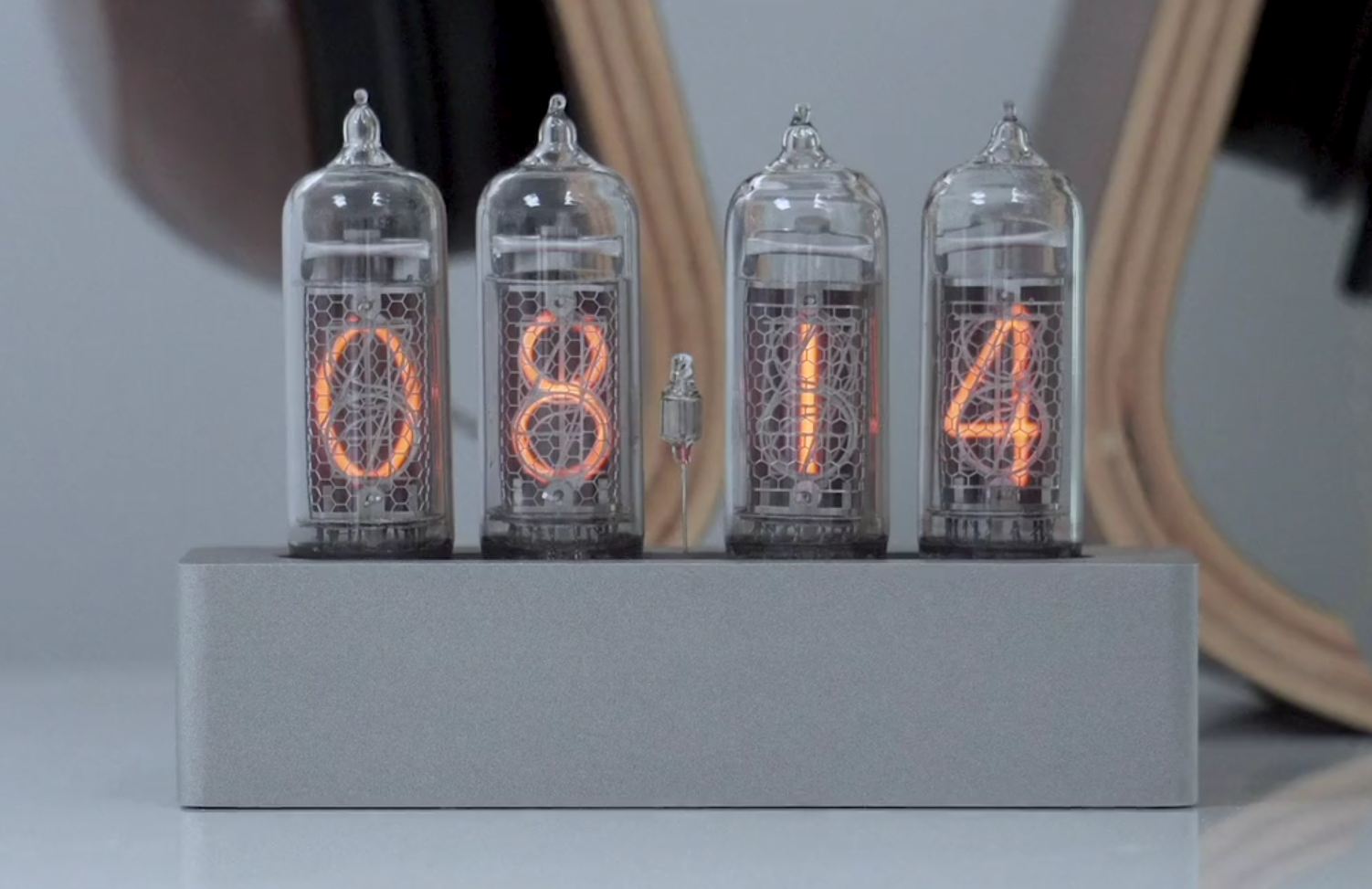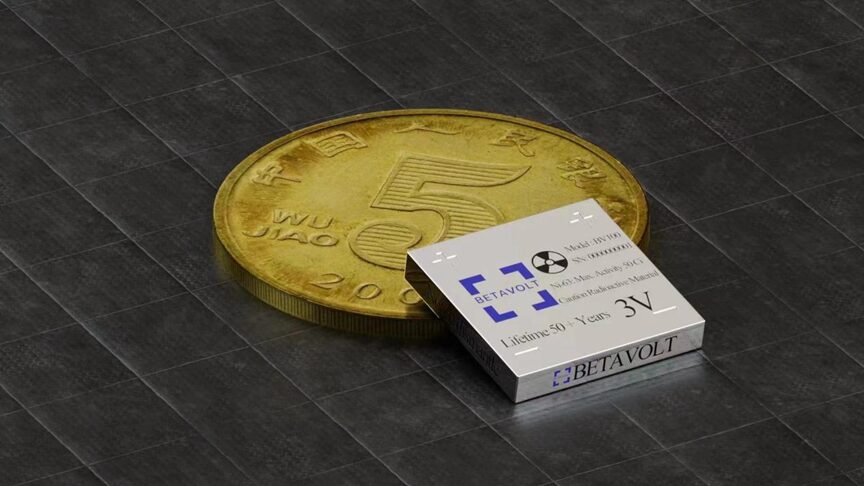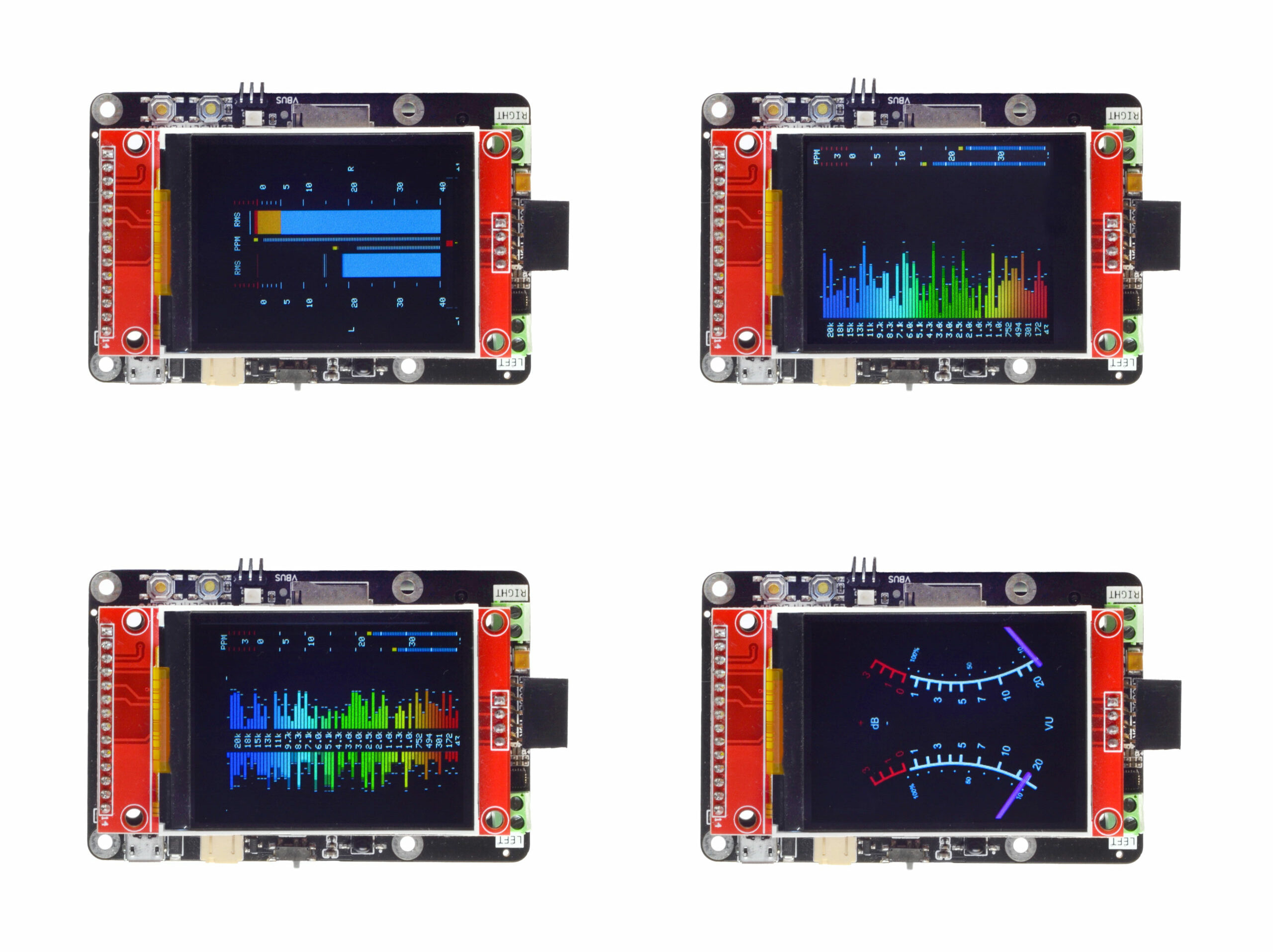
Loud ESP, developed by Crowd Supply, is a portable, open-source ESP32-powered audio development platform with a touchscreen and support for Bluetooth and Wi-Fi networking. Rich audio development board powered by the ESP32 and known as the Loud ESP. The Loud ESP is offered with or without a color touchscreen, and it comes equipped with a number of accessories that facilitate a wide variety of user interactions. Because of its small size, portability, ability to run on batteries, and adaptability to a wide range of enclosures, it is a perfect platform for the development of wearables and other types of smart devices. They provide a repository of example code to use as a basis for developing their own software and making things easier.
Application
It is versatile for use in audio applications and features wireless connectivity and touchscreen capability. There are a variety of uses that are well suited for Loud ESP’s capabilities. It is possible to use it as a portable speaker system that is equipped with Wi-Fi and Bluetooth capabilities, as an internet-radio receiver, as a framework for designing wearables and talking gadgets, or as a smart speaker that is connected to the platform of choice, such as Spotify.
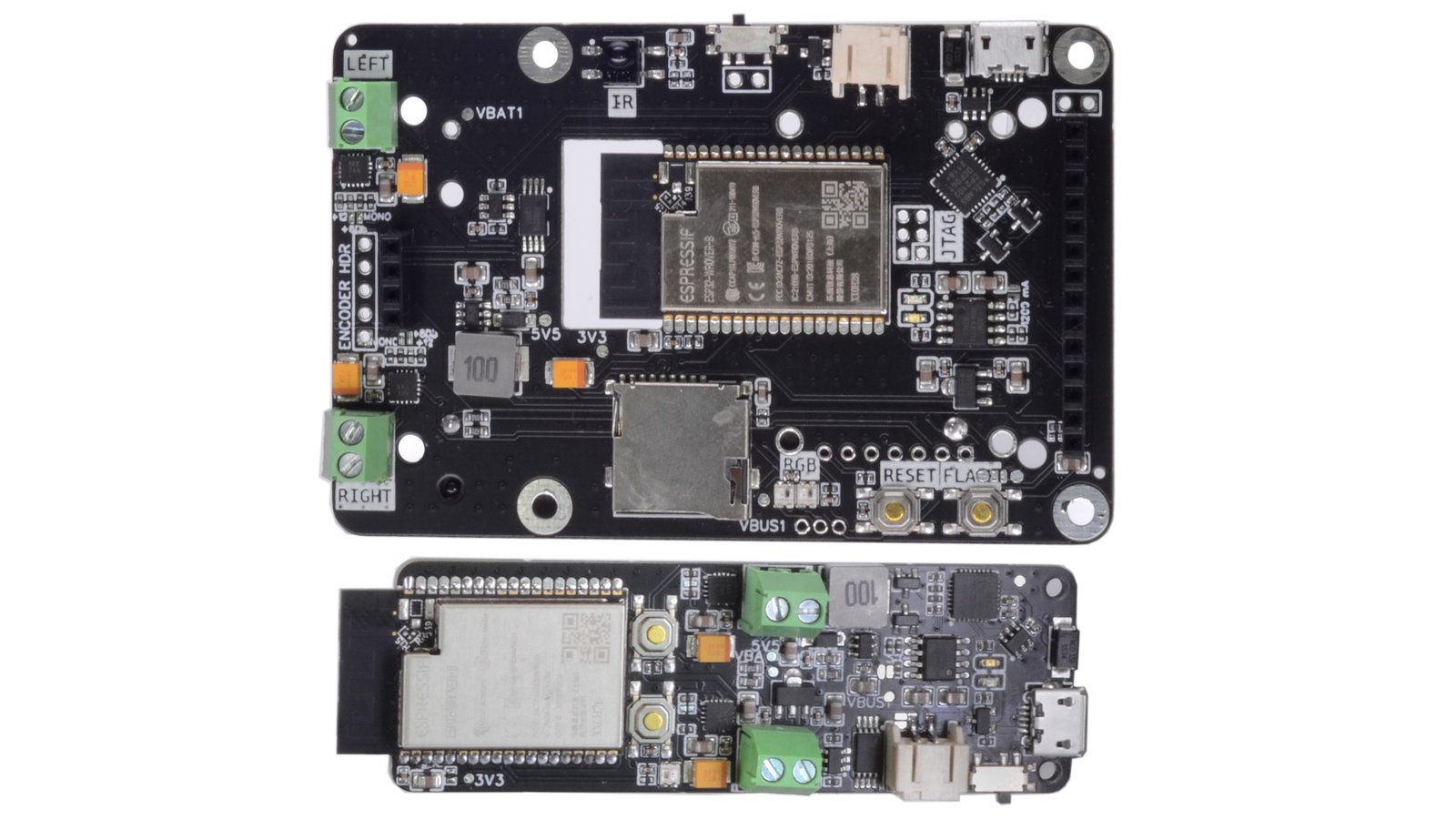
Specification:
- The ESP32 Dual Core 32-bit LX6 microcontroller is utilized as the MCU Core. It has 240 MHz of processing speed, 16 MB of flash storage, and 8 MB of (PSRAM).
- It has CP2102 Serial communication and a Flashing chip.
- Battery management is excellent, with features such as Li-Ion battery charging with charge status indication, battery overcharge and over-discharge protection, battery overcurrent protection, and built-in DAC for reading battery voltage.
- It has an onboard power switch with a 2-pin connector for an external battery as well as an onboard battery holder for 14500 batteries (touchscreen version only).
- The audio capabilities that are offered include a dual I2S stereo DAC (Maxim Integrated MAX98537) with a built-in D-Class amp and 3 W per channel on 4 Ohm load up to 92% efficiency with an onboard 5.5 V boost converter.
- I/O interfaces for Wi-Fi and Bluetooth, RGB LED, RGB LED strip header 2.8-inch, 320-by-240-pixel TFT screen with touch sensor (only available in touchscreen version), IR reader (only available in touchscreen version), SD Card Slot (only available in touchscreen version), JTAG Header (only available in touchscreen version), Rotary Encoder/Joystick Header (touchscreen version only)
- In addition, there are RESET and GPIO0 (FLASH) buttons provided.
- There are software examples available for all of the onboard peripherals.
It is technically compatible with enclosures designed for the Raspberry Pi 4. (touchscreen version only)
A comparison of the features of these two audio development kits with those of other comparable platforms is also available on the product page (i.e., Audio-Kit ESP32-A1S, ESPlay Micro, Obsidian ESP32, M5Stack Core ESP32, etc.).
The documentation is on the GitHub repository, including board schematics, firmware, and sample code. Visitors may follow their progress on Hackaday.io.
Purchase Information
It is priced at $50.00 for the Loud ESP and $30 for the Small variant, respectively.





